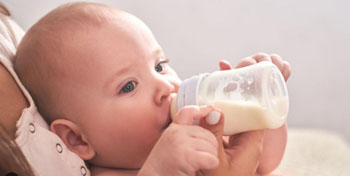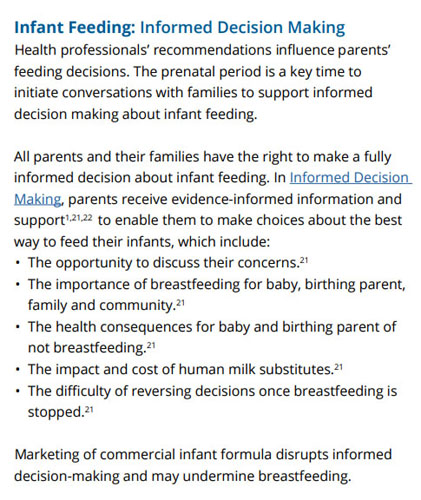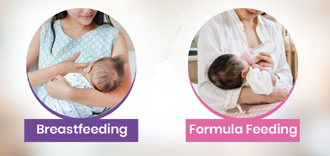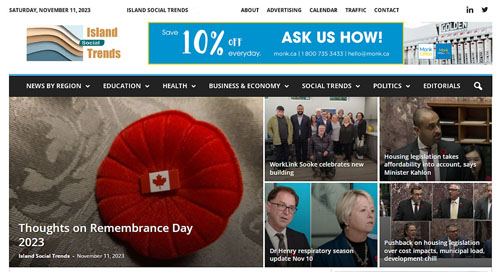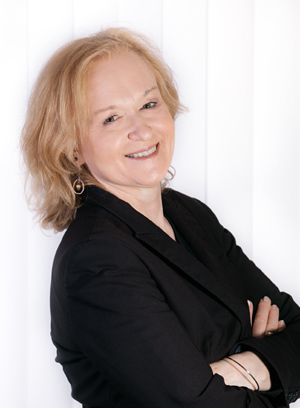Saturday November 11, 2023 | VICTORIA, BC
by Mary P Brooke, B.Sc. | Island Social Trends
A powerful shift in infant care and well-being quietly came into effect this past summer.
Effective August 1, 2023, midwives in BC may recommend the need for an infant to be fed with infant formula. This authority was previously limited to medical practitioners, nurse practitioners and dieticians, as recently confirmed by the BC Ministry of Health.
Health professionals’ recommendations influence parents’ feeding decisions, it is stated in the BC Pediatric Nutrition Guidelines. The prenatal period is a key time to initiate conversations with families to support informed decision making about infant feeding.
“All parents and their families have the right to make a fully informed decision about infant feeding,” says the BC Centre for Disease Control in the BC Pediatric Nutrition Guidelines. Also that “marketing of commercial infant formula disrupts informed decision-making and may undermine breastfeeding”.
Many families that rely on procuring infant formula were challenged in that effort during supply-chain disruptions in the past year.
Low-income factor:
This is important in the context of a fuller spectrum of care for clients of midwives in BC, who generally spend longer periods of time with their clients than might be the case in medical practice, and who might thereby be more fully aware of the income challenges of a parent or family.
Infant formula expense can be covered in BC for low-income families, up to infant age of 12 months.
“The Ministry of Social Development and Poverty Reduction had connected with the Nursing Policy Secretariat at the Ministry of Health to provide information on this proposed change and to confirm if this would be within midwives’ scope of practice,” said a Ministry of Health spokesperson in response to clarification from Island Social Trends.
Previously only if disease was transmissible:
Under Order in Council (OIC) 402 (August 1, 2023):
- There is expanded eligibility criteria for infant formula to include children whose nutritional needs cannot be met through the breast milk of the parent.
- Previously eligibility was restricted only to infants who were at risk of contracting a disease transmissible through the breast milk of the parent.
OIC 402 has changed criteria for access, increased supplements for nutrition, and has added midwives to the people who can help people access this support.

Old scenario:
- If infant was at risk of contracting disease
- No access via midwives
- Lower amount
New scenario:
- If the nutritional needs of the infant cannot be met through breastfeeding
- Access through midwives
- Increased amount
Assessment and documentation:
“The Secretariat was supportive of the changes and confirmed that providing the authority for midwives to provide assessment and documentation for infant formula is within their scope of practice,” the BC Health ministry spokesperson said.
Breastfeeding is top choice:
The World Health Organization, Health Canada, and the BC Pediatric Nutrition Guidelines recommend exclusive breastfeeding, where possible, for the first six months of an infant’s life.
Those same entities also encourage sustained breastfeeding beyond six months for as long as parent and child wish to continue.
According to the BC Pediatric Nutrition Guidelines, the recommended supplementation options for parents who have made an informed decision not to breastfeed, or who have chosen to supplement their babies are:
- Birthing parent’s own expressed milk;
- Pasteurized human donor milk from a regulated
milk bank; and - Human milk substitute (e.g. commercial infant formula).
Births are down in BC:
The BC population by natural replacement (births balancing out with deaths) will be net zero by 2030.
BC relies on immigration to increase the population of the province.
Other midwifery directions:
- Advising about the dangers of alcohol consumption in pregnancy: “As evidence-based primary care providers, registered midwives counsel their clients about alcohol consumption during pregnancy,” says a spokesperson for the Midwives Association of BC (MABC). “Midwives’ relational care model, fostered by continuity of care, allows midwives to have longer appointments with their clients where informed choice discussions are enabled,” said the MABC rep.
- BC Health is seeking to increase the number of midwives in BC. “We are taking meaningful action to retain, recruit and train more midwives,” said Health Minister Adrian Dix in May 2023.
- A new In-House Registered Midwife (IHRM) position at Victoria General Hospital — announced by Island Health in October 2023 — is part of the BC Health commitment to working with Island Health, midwives and physicians “to ensure that care plans are in place for unattached labouring patients, providing pregnant people with exceptional care close to home”, said Health Minister Adrian Dix.
===== RELATED ARTICLES by ISLAND SOCIAL TRENDS:
- Island Health takes steps to stabilize and improve south island maternity services (October 6, 2023 – Island Health)
- Access to infant formula now available through midwives (September 13, 2023)
- Lifelong health consequences from alcohol during pregnancy (September 9, 2023)
- Midwives Day: recognizing value to women and families (May 5, 2023)
- BC midwives negotiating for flexible fair payment (April 7, 2023)
- Almost 70% of BC midwives practice team-based care (April 3, 2023)
- More midwifery training seats at UBC (February 17, 2023)
===== ABOUT THE WRITER & ISLAND SOCIAL TRENDS:
Mary P Brooke is the editor and publisher of Island Social Trends as published daily at islandsocialtrends.ca (2020 to present). Print edition coming in 2024.
Among other qualifications, Ms Brooke holds a health sciences B.Sc.
Ms Brooke has been covering politics, business, education and communities through a socioeconomic lens since 2008 on south Vancouver Island (previously as West Shore Voice News, and before that both Sooke Voice News and MapleLine Magazine).
Ms Brooke followed and wrote extensively about the COVID pandemic during 2020-2022.
In 2023 Mary P Brooke was nominated for a Jack Webster Foundation journalism award that recognizes a woman journalist contributing to her community through journalism.


